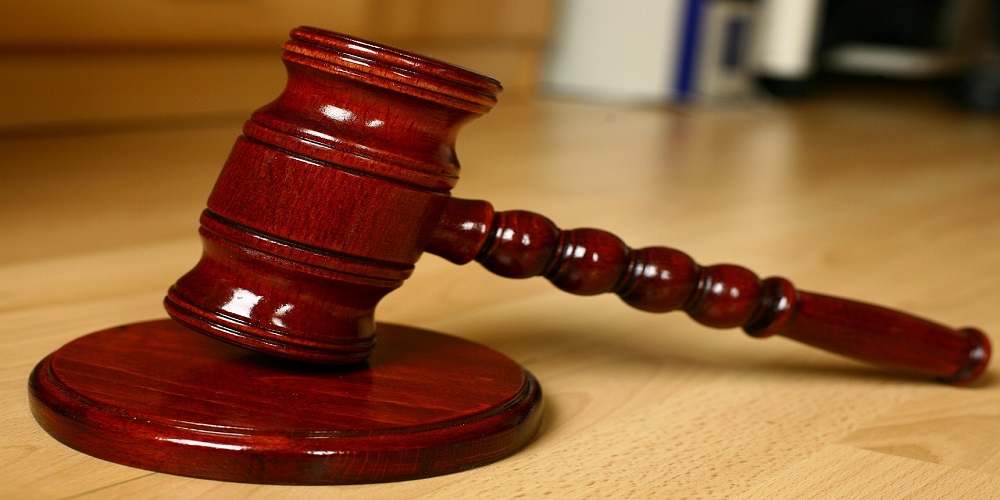Being accused of committing a crime can leave you in a confused state. You may wonder what will happen next or what the outcome might be. Sadly, there is no way to decisively determine the result of a trial before it is held. But certain factors greatly influence the outcome. This blog explains these factors. Once you understand them, you have an idea of where the trial is heading and what to expect in the end.

5 Important factors in a Criminal defense case
The first thing you should do as soon as charges are brought against you is to find good legal representation. There are many good criminal lawyers in Canada, but choosing an expert with proven experience in your case is your best bet. This may not guarantee a win, but it will guarantee a fair trial and increase your chances of a favorable verdict. Below is a list of five factors that have a huge influence on a criminal defense case in Canada:
1. The facts
The reality of the case, which is presented through evidence, is one of the most important factors in a criminal case. The prosecutor will present their evidence, which may include pictures, witness statements, the accused statements (if any), videos, etc. It is the prosecutor’s job to prove you committed the crime. Therefore, they will present any evidence they can find against you to support the facts they believe. However, the judge may reject evidence obtained illegally.
2. The Prosecutor
Prosecutors are state attorneys responsible for ensuring criminals get the appropriate punishment. They do this by gathering evidence to prove that the accused is guilty of the crime. There are different prosecutors, and some prefer not to lengthen a trial for any reason. They may attempt to resolve the case without a trial quickly. But others are not like that and will refuse to reduce or dismiss the charges. These types will do all they can to ensure an unfavorable outcome for the accused.
3. Your criminal record
Whether you have a criminal record or not is an important factor that influences the trial. The prosecutor might be willing to negotiate if you have never been accused of such a crime or convicted. They might be more willing to dismiss or reduce the charges. However, they might offer some terms and conditions. On the other hand, if you have been accused before or convicted, the prosecutor might be unwilling to negotiate.
4. The defense lawyer
This is the only factor you can control because you get to choose who represents you. An experienced expert increases your chances of getting a fair trial. They also guarantee the protection of your legal rights. Their reputation and expertise will greatly benefit you.
5. The judge
The judge also has an impact on the trial processes. Judges are different and use different approaches. Some judges have their own rules regarding plea agreements. If the accused has been found guilty, a judge has to approve the plea agreement that the prosecutor presents. Some judges may not approve, and this influences the outcome.



